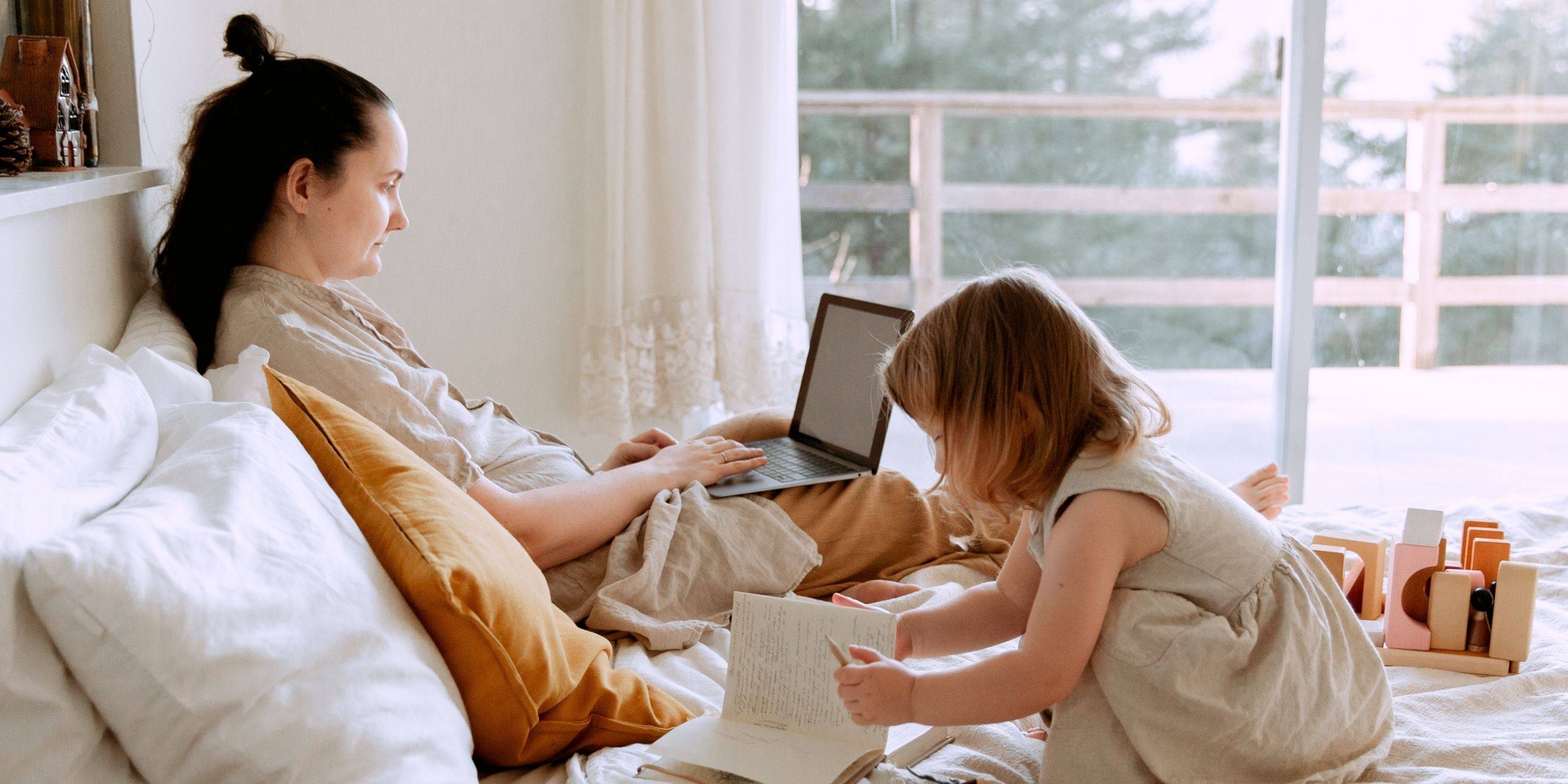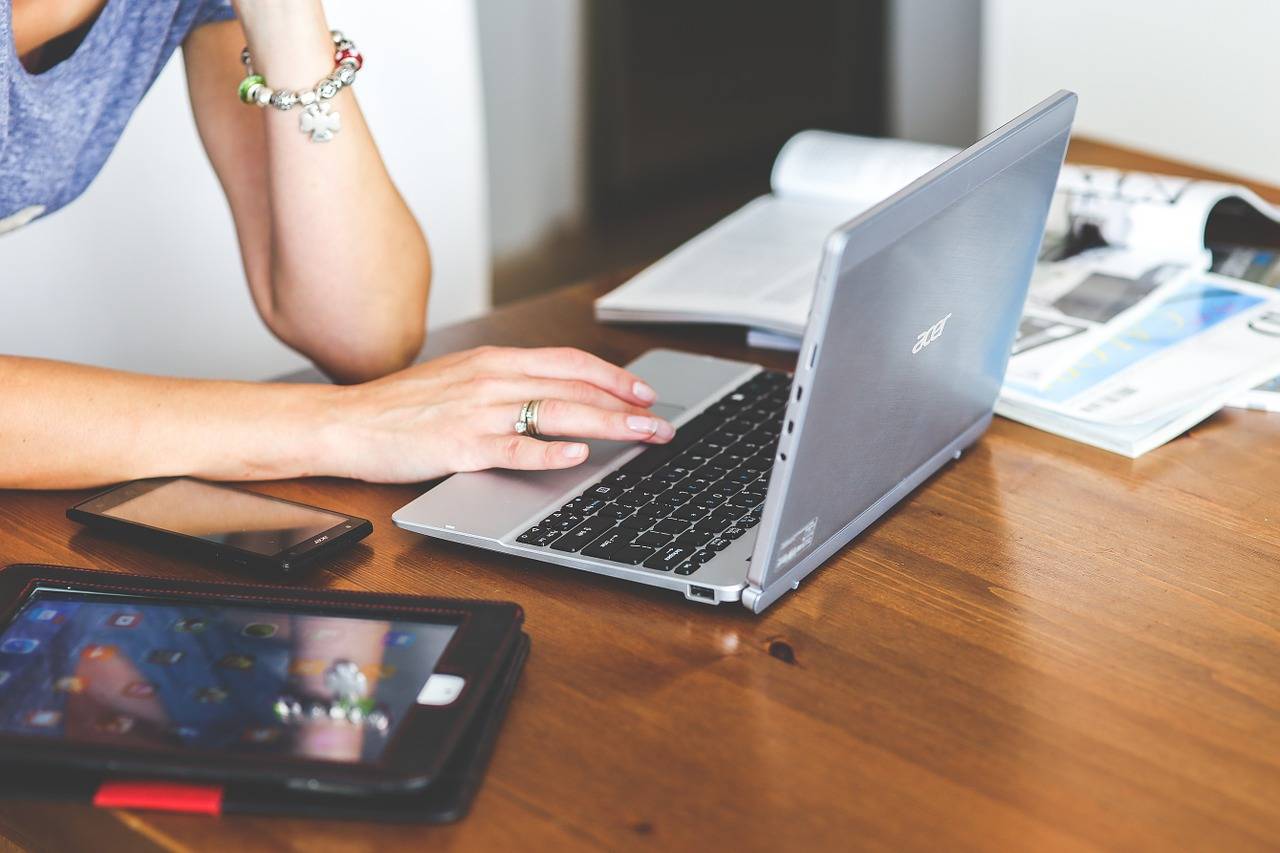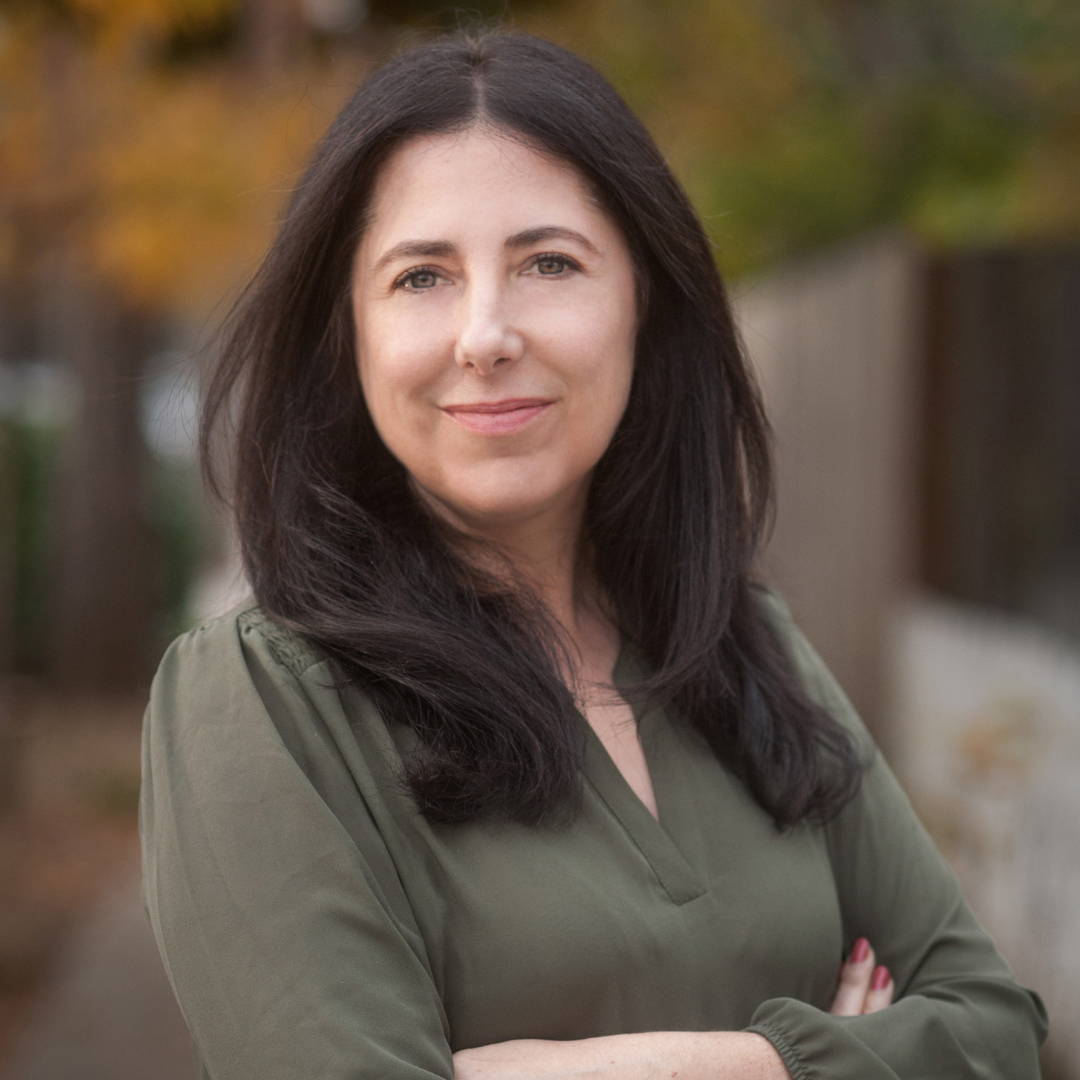No Products in the Cart

You know how you and your family have been doing since the start of the Pandemic, but how does everyone else compare? Three women business leaders from unique sectors share their knowledge on the experience of pandemic, work, and parenthood.
According to research by Aura Nelson, the Senior Manager of Consumer Insights, and lead COVID-19 researcher at Wolverine Worldwide on emotional burnout, around 89% of women who responded claim that their well-being has declined ever since the pandemic began and they are now facing an extreme emotional burnout.
Natalie, a mom of three children, said, “You can only load a donkey’s back so much before it breaks.” Which supports when Healthy Horizons CEO, Sheila Janakos, MPH, IBCLC, says, “There is a lot of anxiety among women due to the constant sense of uncertainty.”
Sheila believes that the only silver lining among these uncertain living conditions is how parents have had a chance to spend more time with their children at home.
Mita Malick, Head of Inclusion, Equity, and Impact at Carta shares that COVID-19 has indeed brought both grief and hope. Due to the pandemic, more than 5 million women have lost their jobs and around 2 million women have completely disappeared from the workforce.

Regardless of whether women are working moms or homemakers, they tend to do a disproportionate share of childcare and housework. According to Aura’s survey during COVID-19, women said that they do around 81 % of housework and 78% of childcare as compared to their partners.
Moreover, on top of the increased physical labor of looking after their children and household chores, women are also carrying a burden of extra mental load. Mita jokes she is ready to retire as the “Chief Entertaining Officer” of her home.
With COVID-19 there is a constant worry and stress about decisions related to children; like whether they should physically attend school or go to daycare, etc. However, now everyone at the workplace is becoming unapologetic and more accepting when it comes to mundane things like the presence of kids in important online meetings, which would have been frowned upon before.

Many people have lost jobs, which will lead to a pandemic “resume gap.” Companies are 45% less likely to call back people who have gaps in their resume, according to Mita. There needs to be practical ways to incorporate women back in the workforce.
At the same time, now parents can spend more time with their children and they also have more flexibility in their schedules, Sheila points out. Additionally, due to COVID-19, Aura came to the realization of how emotionally intelligent and strong women are and how they can manage so much, whether homeschooling their kids, taking care of household chores or managing their work commitments.
Women don’t have to perfectly manage it all; every mom is struggling, and mothers need to let go of the idea of being a “perfect mom,” Sheila reminds. Mita adds how the term “super mom” can be troubling because sometimes moms just want to take off their crown and cape and rest. Women can begin to practice this by trying to understand their needs, being kind to themselves, and delegating tasks, instead of doing it all themselves.
Mita states understanding parents and creating remote roles if required is important during this time. Aura adds that according to Lean In, only 31% of women said that their employers had checked in on them during the pandemic. Finding solutions for employees, with employees, should be a top priority.
“Pay it forward and be kind to one another during these hard times.” - Mita
“Learn to let go, we can’t control everything.” - Sheila
“This is a good time for us to reassess what truly brings us joy.” - Aura


A passionate storyteller, who has worked with big brands like AVEENO, AVON, Color Cosmetics, Chapstick, Vaseline, Suave and Dove. She believes that diversity of thought doesn’t happen without diversity of representation, and she has worked hard to do that.

Receive news on breastfeeding laws, workplace compliance and more.
As a bonus, receive our Reopening Mother's Rooms and Returning to Work freebie.